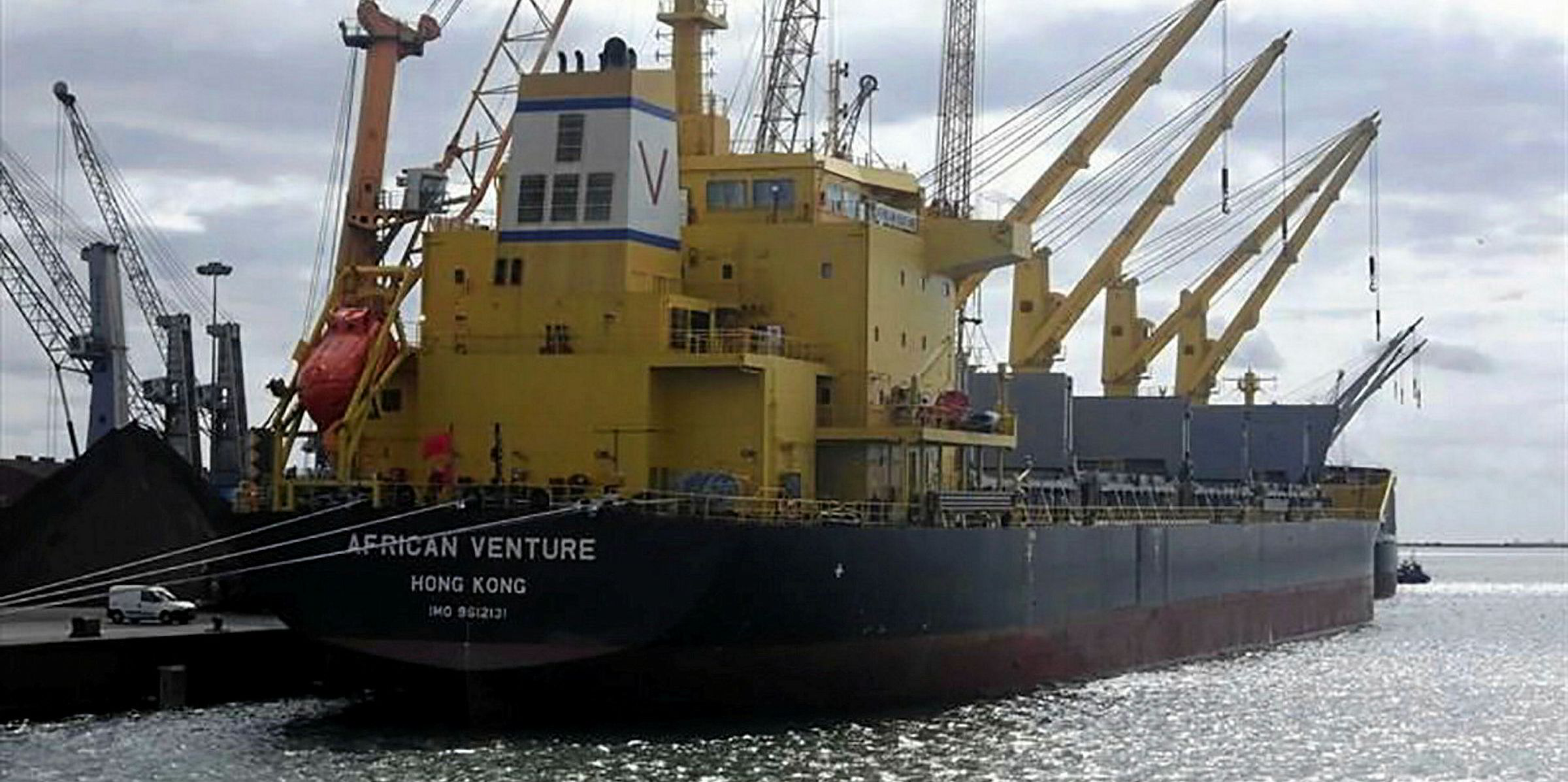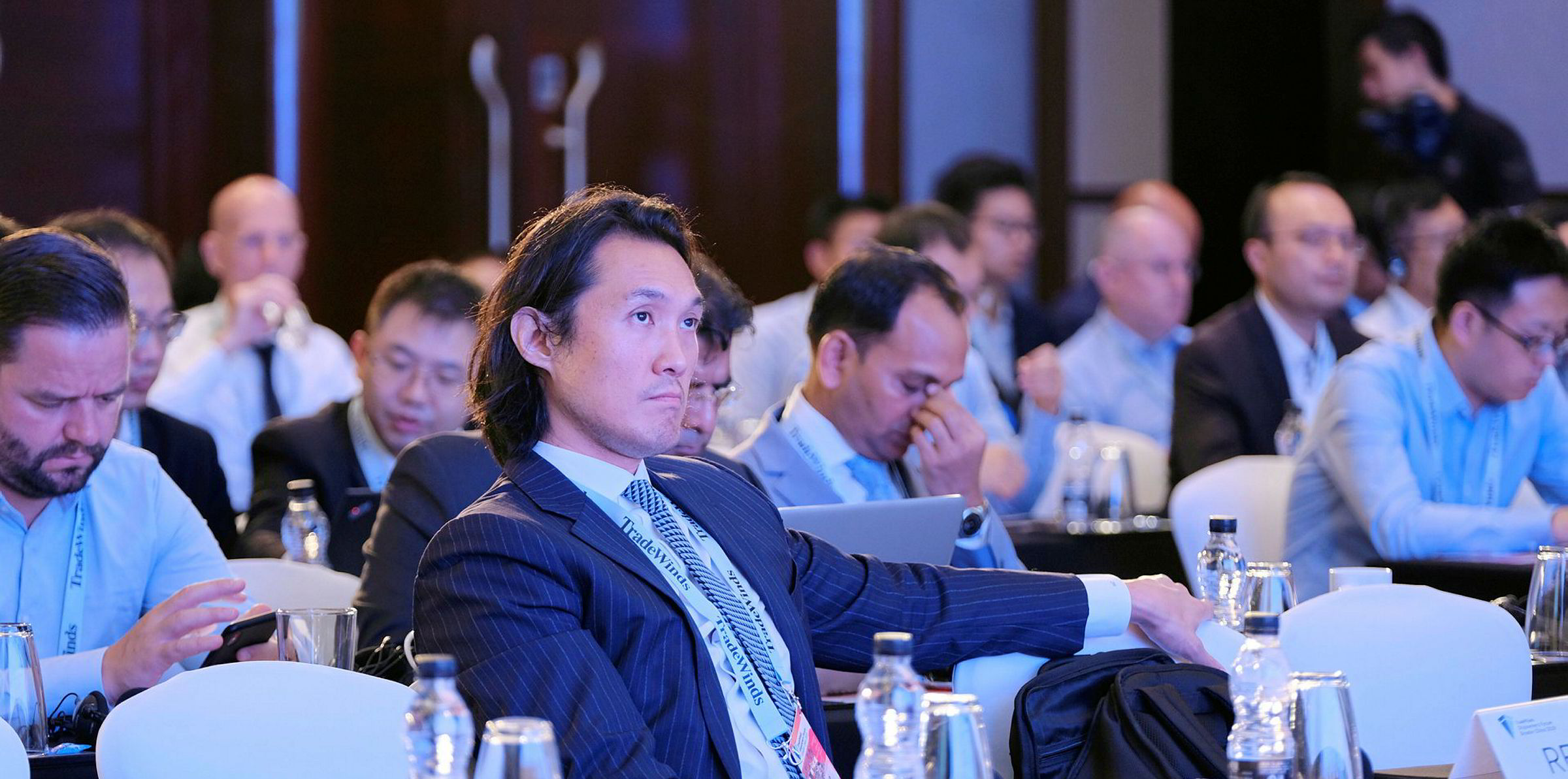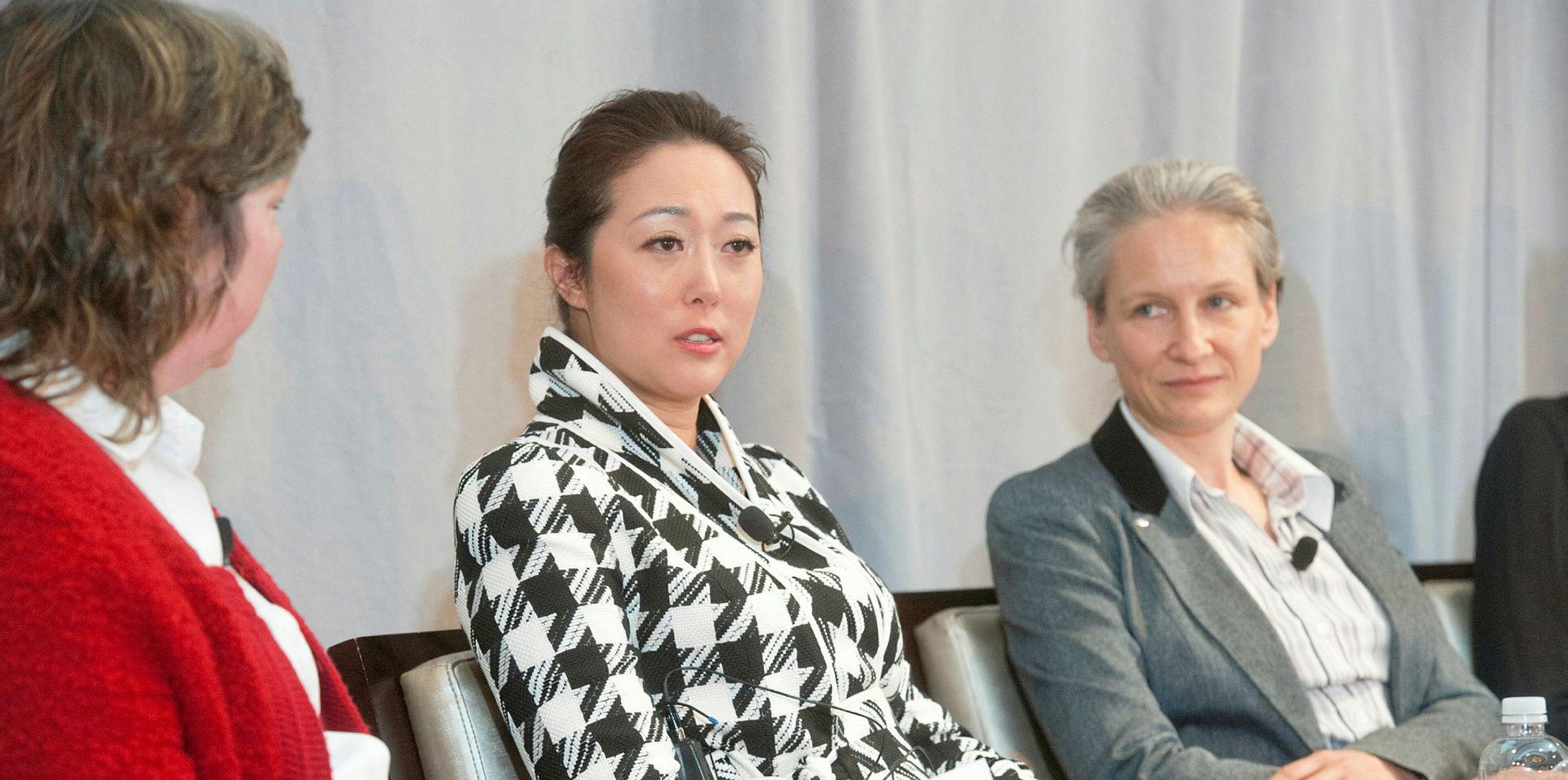Wah Kwong Maritime Transport Holdings' shipmanagement business is booming, as it rides on the expansion of China’s state-backed lessors.
The Hong Kong-based player was managing 37 vessels as of early January, including 18 of its own ships and 19 owned by external clients, according to managing director Zhou Jian Feng.
“By the end of this year, our managed fleet will have more than 50 ships,” Zhou told TradeWinds.
Wah Kwong had more third-party vessels under management than its own vessels for the first time last year. The transformation came after the traditional shipowner spent several quarters enhancing its shipmanagement services and shifting to a more asset-light model.
Having been experienced in managing two VLGCs for Fortune Gas and five smaller ships for Exmar, Wah Kwong is winning new customers in China for taking care of their tankers and bulkers.
Client roster
Zhou pointed out that his clients include China Development Bank Financial Leasing, China Merchants Financial Leasing, CSSC (Hong Kong) Shipping and CSIC Leasing — some of the rapidly expanding Chinese state lessors that generally order from compatriot yards.
Looking forward, Wah Kwong is planning to set up a shipmanagement subsidiary in Shenzhen later this year, which may have a headcount of 150 within three years.
“Emerging Chinese shipowners are very active," Zhou said. "We can communicate with them well as we are from the same culture.
“That said, we don’t limit ourselves to Chinese owners. In fact, we also manage for European owners, such as Exmar, which we have a long-term relationship with.”
Still a shipowner
However, company executives have stated the focus on the shipmanagement business does not suggest Wah Kwong would exit shipowning.
In 2020, the outfit is due to take delivery of two scrubber-fitted, 82,000-dwt kamsarmax bulkers from Chengxi Shipyard, assuming there is no major delay because of the coronavirus outbreak.
Then the two 307,000-dwt VLCCs Wah Kwong jointly ordered with CSIC Leasing from Dalian Shipbuilding Industry Co are scheduled for delivery in 2021.
The family-owned company generally adopts a conservative strategy and prefers to put its vessels on time charters to companies with good credit profiles — and that is not expected to change.
Zhou stressed that the shipmanagement business is mainly about taking advantage of Wah Kwong’s in-house expertise as a long-standing shipowner.
“Our greatest advantage as a shipmanager is that we can take care of the vessels with integrated service from the newbuilding stage to commercial and technical management," Zhou said. "We can even take equity and communicate with the end-users.
“We provide thorough services and look after the vessels with [an] owner’s mentality, which focuses not only the technical side but also the asset value and vessel’s commercial interests.

“This strength is based on our experience as a long-standing shipowner.”
Hybrid approach
Wah Kwong’s hybrid model is not uncommon elsewhere. In Greece, Chandris (Hellas) and C Transport Maritime are also comfortable being shipowners and managers at the same time.
However, in Hong Kong, shipmanagers such as Wallem Group and Anglo-Eastern Group tend to position themselves as third-party technical managers. Aside from state conglomerates, players in mainland China often have limited experience in international trade.
According to Zhou, Wah Kwong’s strategy has created more income streams for the group outside of ship chartering and sales.
“I would not say shipmanagement can generate big profit,” Zhou said. "But it can bring in a more predictable revenue stream to balance our shipowning revenues.
“Our business model has become more diversified as a result... so this is very positive for us.”






